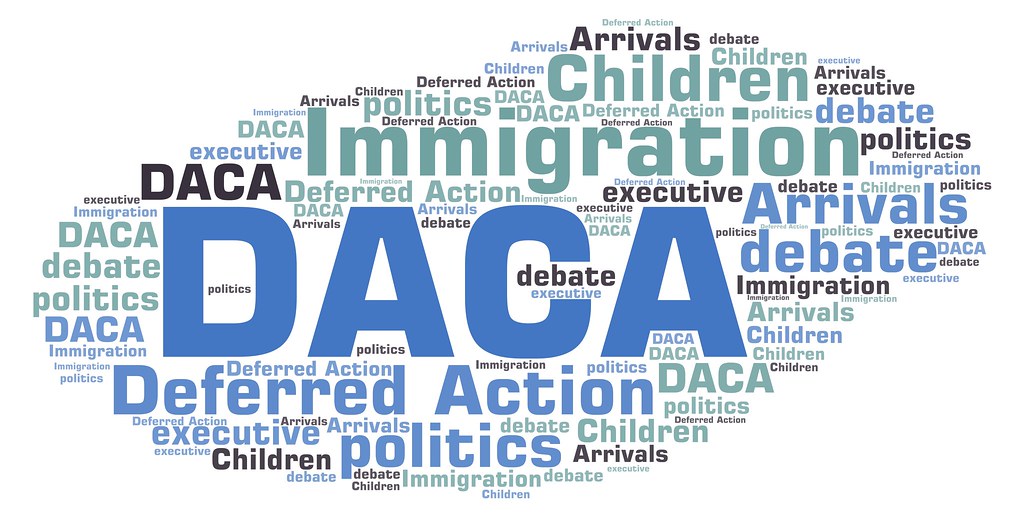We would like to inform our readers of very important information relating to the Deferred Action for Childhood Arrivals (DACA) program. Recently, the United States Citizenship and Immigration Services (USCIS) released a new memorandum that explains how the agency will handle new requests for DACA and advance parole requests in light of recent court rulings.
New DACA Requests Will Be Rejected
As clarified by the new memorandum, USCIS has confirmed that it will reject all initial DACA requests and associated applications for Employment Authorization Documents, and return all associated fees to applicants without prejudice. “Without prejudice” means that applicants may reapply for DACA in the future should USCIS choose to accept initial DACA requests at a later time.
DACA Renewal Requests Continue to Be Accepted for those Granted DACA in the past
As before, USCIS will continue to accept DACA renewal requests from aliens who were granted DACA at any time in the past.
In addition, USCIS will continue to accept requests for advance parole that are properly submitted for individuals who can demonstrate that their travel is for any of the following purposes: to support the national security interests of the United States, to support U.S. federal law enforcement interests, to obtain life-sustaining medical treatment not otherwise available to the alien in the U.S., or where travel is needed to support the immediate safety, wellbeing or care of an immediate relative, particularly minor children of the alien (see below).
Please note that even with a valid advance parole document re-entry to the United States is not guaranteed.
DACA Renewals Limited to One-Year Duration
DACA renewal requests that are approved will receive a grant of deferred action and employment authorization for a period of no more than one year. For those that were previously issued a two-year employment authorization card that remains valid, USCIS will not be rescinding these two-year benefits. USCIS may only terminate an alien’s validly issued DACA for failure to continue to meet DACA criteria, including failure to warrant a favorable exercise of prosecutorial discretion.
 Visa Lawyer Blog
Visa Lawyer Blog











